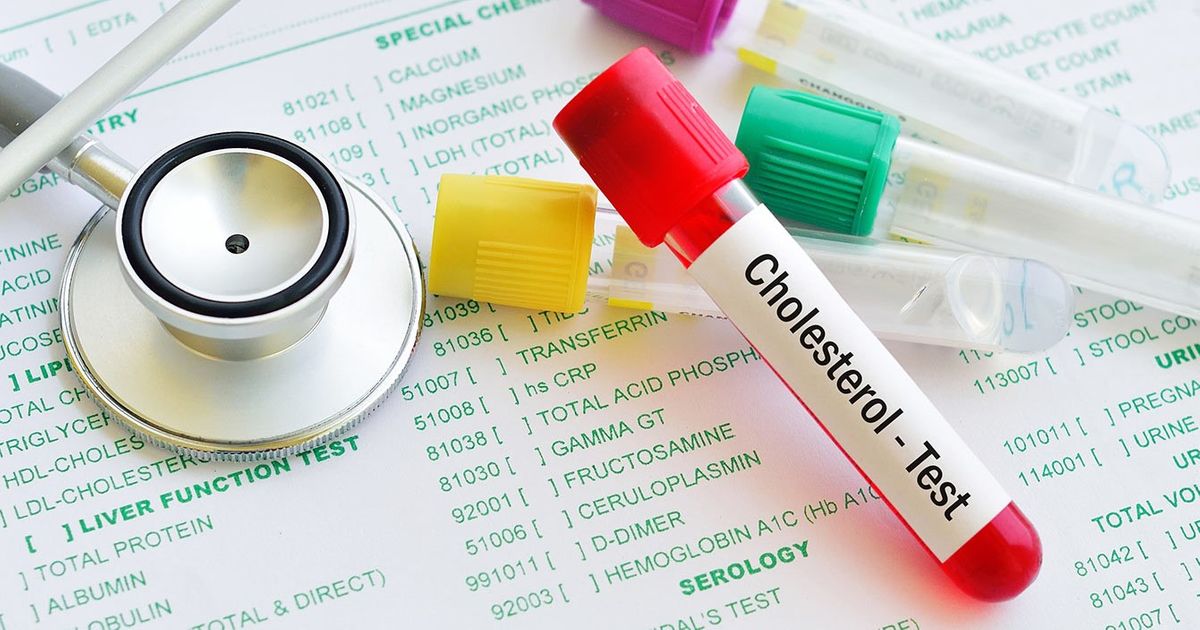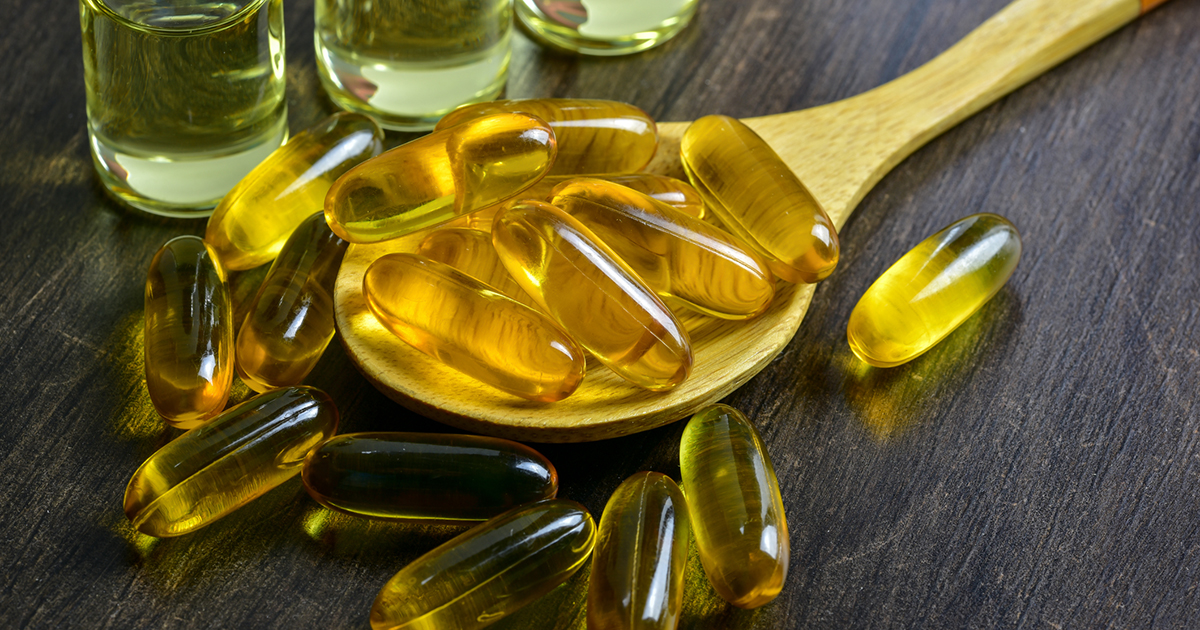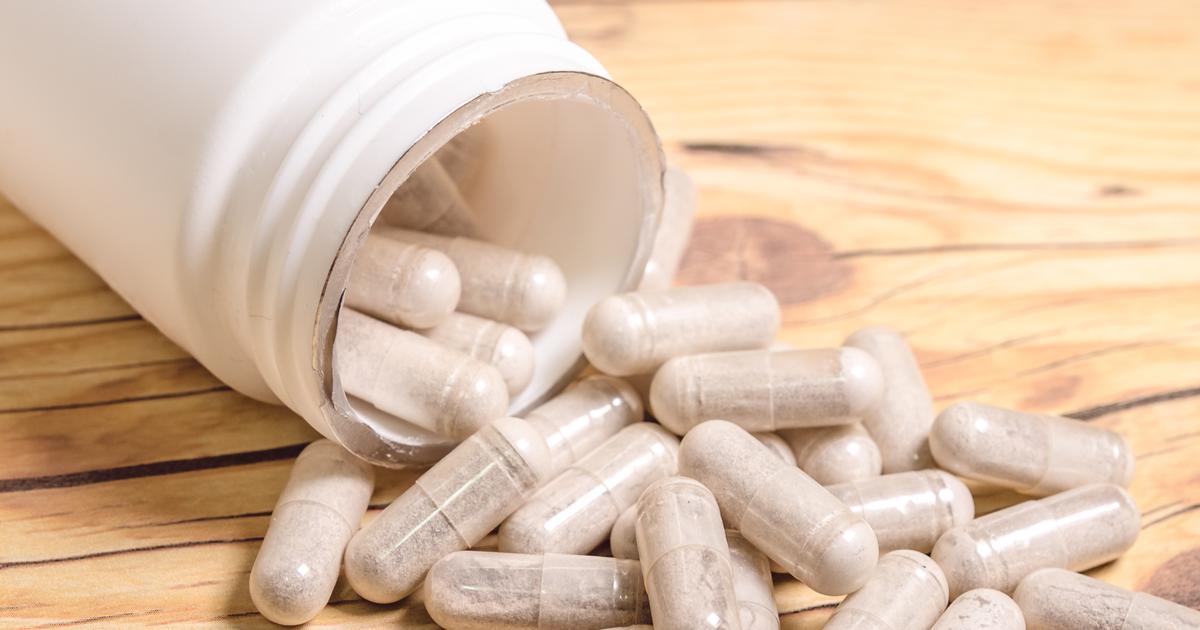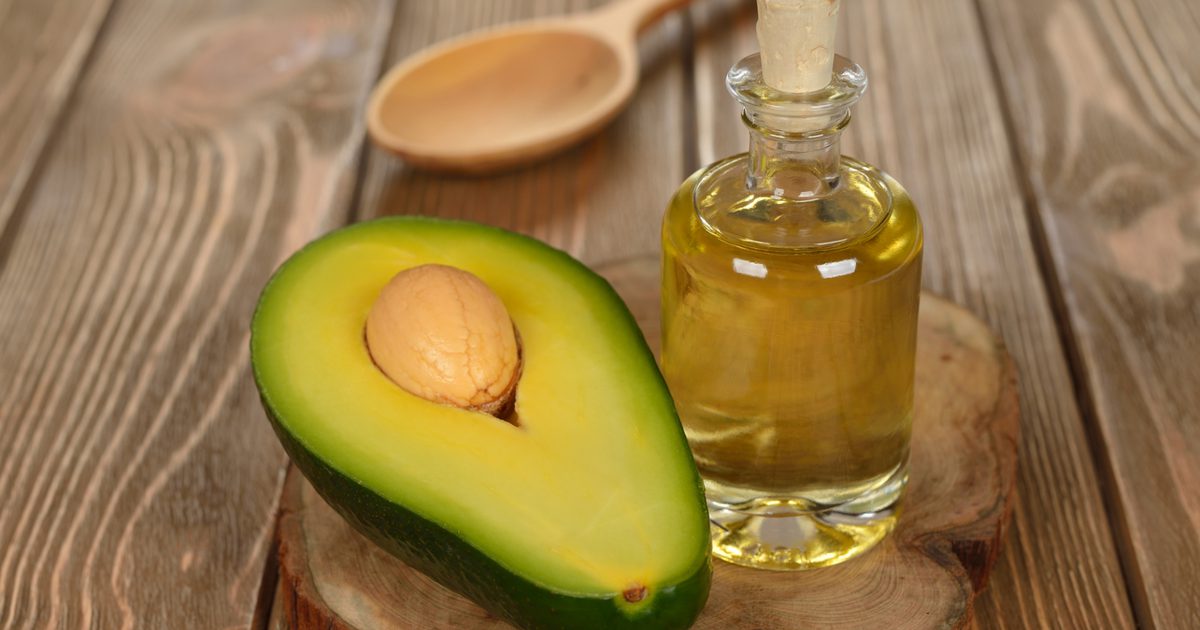Lifestyle Tips That Lower Cholesterol
Lowering cholesterol is extremely important to reduce the risk of a heart attack or stroke. Cholesterol is divided into two portions: 'good' (high-density lipoprotein cholesterol) and 'bad' (low-density lipoprotein cholesterol). Dangerous levels are deposited into the blood vessels, while good levels bring cholesterol away from the blood vessel wall. The ideal number to stay under is 130 to stay healthy. Depending on other health problems, doctors may set lower goals.
Many individuals have high cholesterol and are not aware of it. It's vital to at least see a doctor annually for regular check-ups. Making lifestyle changes is the best way to lower cholesterol. For many individuals, diet and exercise are enough to reduce their levels and risk for heart disease.
Here are major ways individuals can lower cholesterol and live healthier.
Eat Heart-Healthy Foods

The first step to lowering cholesterol is making dietary changes and eating heart-healthy foods. Certain foods can influence low-density lipoprotein (LDL) cholesterol, triglycerides, and blood pressure. Diet plays a significant role in heart health and can impact an individual's risk of heart disease. Saturated fats and red meats such as beef and veal should be limited. Individuals should replace these foods with an increased consumption of turkey, chicken, and fish. They should avoid fried foods, and substitute whole milk with fat-free or low -fat products, and instead focus on fresh or frozen vegetables and fruits, low-sodium canned vegetables, and canned fruit packed in water. Individuals should limit coconut, frozen fruit with added sugar, canned fruit packed in syrup, vegetables with creamy sauces, and fried or breaded vegetables.
Get to know the next lifestyle method of reducing cholesterol.
Exercise Regularly

Exercise appropriate for an individual's fitness level and recommended by a doctor will promote overall health and lower cholesterol. When combined with a healthy diet, it is possible to lower LDL cholesterol by ten percent and avoid taking medication. Exercises proven to reduce triglycerides and raise good cholesterol are yoga, running, and walking. Water exercises such as water games, swimming, and water aerobics produce similar results as regular cardiovascular exercise.
Individuals who live a sedentary lifestyle and do not exercise regularly should start at a low to moderate level. Begin with intervals of ten to fifteen minutes and build up to thirty minutes as endurance increases. To achieve lower cholesterol levels, exercise three to five times per week. For busy individuals, a thirty-minute daily workout can be divided into intervals throughout the day. The intervals must be at least ten minutes long at a time to reap the cardiovascular benefits.
Continue reading to learn more about reducing unhealthy cholesterol now.
Lose Weight

Carrying even a few extra pounds contributes to high cholesterol. However, small changes will help individuals lose weight and lower LDL cholesterol. Quit drinking sugary beverages and drink more water instead. Pretzels and air-popped popcorn make for excellent healthy snacks. When a craving for sweets strikes, try fat-free ice cream, or jelly beans that contain little fat.
Individuals should look for easy ways to implement more physical activity in daily life. Instead of taking the elevator, they should take the stairs and choose parking far away from the office to force themselves to walk. Individuals using their lunch break to take walks at the nearest park will help drop needed pounds. Workers who spend most of their day in front of the computer should take regular breaks and step away from their desks and screens.
Learn more about lowering cholesterol through lifestyle choices now.
Monitor Levels

Patients diagnosed with high cholesterol will need their doctor to monitor them and perform regular blood tests. Children should first be monitored between the nine and eleven years old. If tests come back normal, blood screen tests should be done every four years. Individuals with a family history of high LDL cholesterol or increased risk for heart disease may be asked to come in more frequently. In addition to routine screening, if any problems are identified such as high triglycerides, doctors will likely recommend medication or other lifestyle changes. Typically, physicians will monitor their patient's cholesterol by ordering a fasting lipid panel to get the most accurate results.
Learn more about lowering LDL cholesterol by reading more now.
Quit Smoking And Drinking

Excessive alcohol is linked to high levels of cholesterol, heart failure, and stroke. While beer doesn't contain cholesterol, it is made of alcohol and carbohydrates, which are known to cause a rise in triglycerides. Plant sterols found in beer bind to good cholesterol and flush it out of the body. Hard liquors with added sugars or syrups will inevitably affect LDL cholesterol. Wine, in moderation, is said to be good for the heart, and one of its ingredients is resveratrol, which helps reduce inflammation and prevent blood clotting.
Individuals with high cholesterol and who smoke are at quite a high risk of experiencing a heart attack. Smoking creates an environment in the blood that causes a destructive breakdown of cholesterol, making it more toxic to the blood vessels and affecting the arteries. These reasons are why it is essential to quit smoking and drinking immediately to manage high cholesterol effectively.
Read about more lifestyle tips for lowering cholesterol now.
Focus On Soluble Fiber

When making dietary changes to reduce cholesterol, patients are often advised to focus on soluble fiber. This type of fiber is found in whole grains, oats, beans, peas, lentils, and fruit. Soluble fiber is a nutrient source for probiotic bacteria in the gut, and it can help reduce low-density lipoprotein. A 2007 study followed thirty adults who took soluble fiber supplements each day for three months. The participants consumed three grams of soluble fiber per day. At the end of the study, the subjects had an eighteen percent reduction in low-density lipoprotein cholesterol.
Soluble fiber has also been shown to increase the cholesterol-lowering benefits of statins. For example, a study published in 2005 examined sixty-eight adult patients who were already taking ten milligrams of simvastatin. Over the three-month study period, the patients also took a daily psyllium (soluble fiber) supplement. The results demonstrated the addition of the soluble fiber supplement increased the effectiveness of the ten-milligram dose of simvastatin, producing cholesterol reductions that were the same as taking twenty milligrams of simvastatin without any additional fiber. Patients should check with their doctor about how much fiber they need each day, and they might wish to ask about the most suitable sources of soluble fiber for their health needs.
Discover additional lifestyle tips for lowering cholesterol effectively now.
Take Fish Oil Supplements

Fish oil supplements are rich in omega-3 fatty acids, and studies suggest these supplements could help to reduce cholesterol. A small study of forty-two patients concluded taking four grams of fish oil each day was associated with a reduction in total cholesterol. An additional study conducted in 2011 found that consuming six grams of fish oil per day increased the participant's high-density lipoprotein cholesterol ('good' cholesterol).
Although fish oil supplements are widely available, it may not be safe for certain patients to use them. For example, individuals who take fish oil supplements with anticoagulants are at an increased risk of excessive bleeding. Diabetes patients who take fish oil supplements could have increases in their fasting blood sugar levels. Some fish oil supplements contain high levels of vitamin A, and consuming too many of these supplements could cause bone pain, hair loss, dizziness, and liver damage. Patients should ask their doctor about the risks and benefits of fish oil supplements before adding these to their diet. Individuals who cannot take fish oil supplements can obtain omega-3 fatty acids from salmon, mackerel, flax seeds, chia seeds, and walnuts.
Keep reading to learn more about lowering cholesterol through lifestyle choices now.
Consider Plant Sterols

Doctors often recommend that patients consider plant sterols when trying to reduce cholesterol. Plant sterols are naturally found in the cell membranes of plants, and they closely resemble cholesterol. When plant sterols are ingested, they compete with the cholesterol in the body. They appear to limit the amount of cholesterol that enters the body, and they might also reduce the body's ability to produce cholesterol. Plant sterols can be taken as supplements, and they are added to some types of margarine. Research indicates plant sterols reduce low-density lipoprotein cholesterol by three to fifteen percent in patients with elevated cholesterol who follow a cholesterol-lowering diet.
When taken with a statin, plant sterols typically reduce a patient's total cholesterol by an extra twelve to twenty-two milligrams per deciliter. A daily dose of two to three grams of plant sterols seems to be particularly effective. Plant sterols cannot decrease triglycerides, and they will not increase a patient's levels of high-density lipoprotein cholesterol. Patients who take plant sterol supplements regularly could notice they stop working as well after two or three months. Individuals should check with their physician about the most appropriate way to incorporate plant sterols into their diets, and they should also ask about the most effective dose for their health.
Get more details on lowering cholesterol now.
Don't Forget About Healthy Fats

In general, researchers consider unsaturated fats to be the healthiest types of fat in terms of cholesterol reduction. While saturated fats and trans fats are associated with an increased risk of cardiovascular disease, studies show unsaturated fats could reduce this risk and also reduce overall cholesterol. Nutritionists currently recommend focusing on monounsaturated fats for cholesterol reduction. These fats are found in avocados, almonds, walnuts, olives, and olive oil. In a study of twenty-four individuals with high cholesterol, eating a diet rich in monounsaturated fats was associated with a twelve percent increase in high-density lipoprotein cholesterol when compared to a diet low in saturated fat. A study of ten male patients found that diets rich in monounsaturated fats help preserve high-density lipoprotein cholesterol while reducing low-density lipoprotein cholesterol. Additional research indicates monounsaturated fats are beneficial in reducing the oxidation of cholesterol that can lead to clogging of the arteries. Patients should ask a doctor or a nutritionist about a safe level of daily fat intake.
Continue reading to learn about more lifestyle tips for lowering cholesterol now.
Lower Stress Levels

Scientists are currently learning more about the relationship between cholesterol and stress. In a 2013 study that included over 90,000 patients, researchers found participants who reported high levels of job stress had an increased risk of being diagnosed with high cholesterol. Additional research conducted in 2017 concluded stress contributed to increases in triglycerides and low-density lipoprotein cholesterol. The study authors noted participants who experienced high levels of stress also had reductions in high-density lipoprotein cholesterol. To lower stress levels, patients may want to consider talking with a counselor to identify the source of their stress and learn how to make positive changes. Some individuals find physical activity helps them reduce stress levels, and yoga and meditation may be beneficial as well.